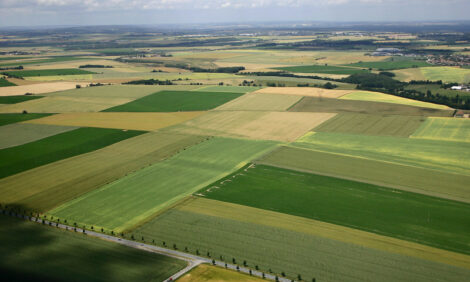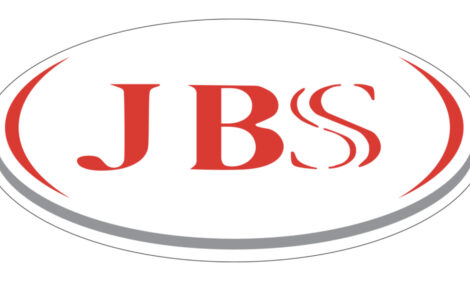



M. bovis Costs Predicted to be $100m
NEW ZEALAND - The total cost of the cattle disease Mycoplasma bovis is projected to be almost $100 million.Stuff.co.nz reports that Ministry for Primary Industries (MPI) officials told a select committee meeting on Thursday that $2.6m had so far been paid out to affected farmers, and projected a further $60m of liabilities.
Operating costs to date were $35m, director of response Geoff Gwyn said.
So far the disease has been detected on 26 properties, and a total of 43 farms were now under restricted place notices; 51 claims for compensation had been made and 10 farmers had been paid either in full or in part.
Mr Gwyn said the farms had to undergo a "verifiable evidence test". DairyNZ staff had been trained to assist the process of compensation.
Farmers had been given interim payments until a fuller picture was known.
"If you make a $1m claim and we're comfortable you're in the ballpark, we may give you 50 per cent of that, so farmers receive early cash flows."
MPI director-general Martyn Dunne said industry had been approached to help with funding and had shown a willingness to contribute.
"This is a major national event, we'll have to look at how it [funding] will be recovered."
Mr Dunne said the matter of how the disease reached New Zealand was the "$64,000 question".
He believed it was a recent incursion, contrary to speculation that it had been in the country for some years. He also said it was clear there were two impact points in South Canterbury and North Otago.
Mr Gwyn said the aim of the response was still eradication. MPI has set a deadline for the end of March when it will make a decision on whether a culling programme would be initiated to eradicate the disease, or whether it had spread too far for eradication to be feasible.
Mycoplasma was first detected on a farm owned by wealthy South Canterbury dairy farmers Aad and Wilma van Leeuwen on 21 July.
It was the first time it had been discovered in New Zealand, although it is widespread in dairying countries.
The disease is highly contagious within herds but does not travel from farm to farm through airborne means. It does not infect humans and presents no food safety risk. There is no concern about consuming milk and milk products.
Signs of infected animals are untreatable mastitis in dairy and beef cows, pneumonia in up to 30 per cent of infected calves, ear infections in calves, abortions and swollen joints and lameness.
Last month National's Primary Industries spokesman Nathan Guy said compensation for farmers could cost more than $100 million.
TheCattleSite News Desk


